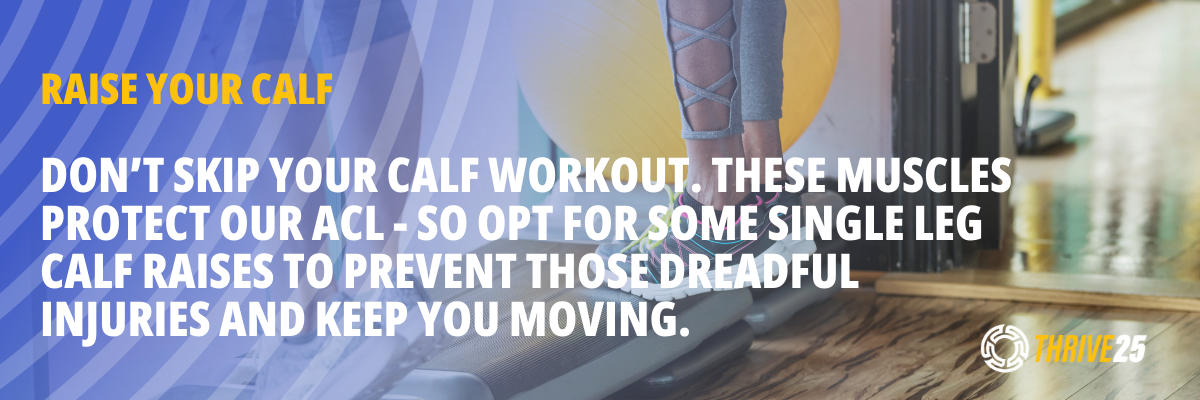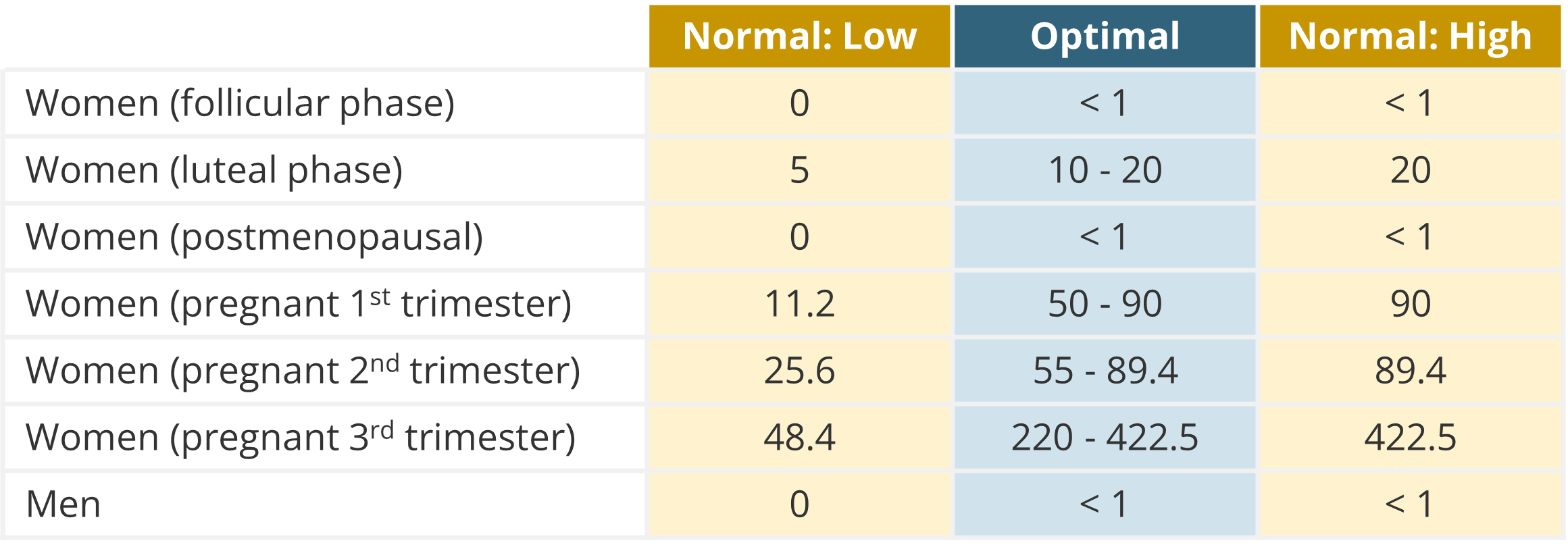Issue #358: Longevity Shoes
Good morning. It’s Thursday, June 20th.
Stat of the Day
Our achilles tendon takes the brunt of 6x our body weight when running and jumping - so give it some TLC. No one wants a torn achilles! (source)
Learn
The Importance of Ankles
After our triathlon a year ago, I went to get new running shoes.
I’ve worn Brooks (Ghost) for the last 20 years. But when I got to the store I barely recognized the new version of my shoe.The Importance of Ankles
The sole was huge and had a 12mm midsole drop (from heel to toes).
The reason for this change is the innovation coming out of Nike. Their Vaporfly and Alphafly shoes allegedly improve running economy by 4%. We’re seeing all kinds of marathon runners set records with these new shoes.
But how do these shoes affect non-professional runners?
For me, I started waking up with really tight achilles tendons in the morning. I couldn’t figure out why. I might not have been stretching enough, but it seemed pretty extreme.
I came to find out I had “achilles tendinopathy.” And it was a result of my new kicks (stress on my tendon - not “overuse”).
These new shoes are lengthening our stride. So more of our gait is out in front of our body. That puts a tremendous amount of stress on our hamstrings and achilles. So if we’re not actively strengthening these muscles, then we’re left with chronic soreness and potential injury.
In our previous issue we talked about how we need to strengthen our toes and feet. The same goes for our ankles and lower leg muscles.
Most of us don’t think about the flexibility and strength of our ankles - but they are key to stability and connecting how we walk from our feet to the rest of our body.
Seems obvious when you just think about the position and purpose of our ankles - but if you’re like me, you’ve probably been ignoring a really essential joint.
Experts - and now real studies - show that if you can’t flex your ankle to 30° then you have “restricted movement.”
An easy way to test your ankle and achilles flexibility:
Facing a wall, stand a few feet away
Open the Measure app on your phone and select “Level”
Have someone hold the phone on your lower calf as you lean forward with a straight leg, keeping your heel on the ground
Note the max degrees until you feel a strain or lift your heel, again shooting for 30°
You can do that same thing with a bent knee to test your achilles - looking for at least 25-35° here too.
Longevity Shoes
No - not talking about Skechers.
All that cushion in our shoes might be upping our race times - but there are two big negatives:
1. We don’t “feel” the ground. Our feet, ankles, and knees react to the terrain. But when our nerves aren’t able to collect this data, then our brain doesn’t know how to react the right way. This is why we end up with bad form and injuries.
2. No pain. Not just in our feet - but everywhere on our body - pain is a signal. If the shoes are masking pain, then we don’t know we’re setting ourselves up for long-term problems before it’s too late.
There are now a ton of new “minimalist” shoes that help us get back to more natural walking.
But any transition takes time - put in the work to strengthen your feet and slowly adopt these new shoes over time. It doesn’t make sense to one day go from those Brooks to Xero overnight.
If you’re interested in checking out some high-quality brands here’s a starting list (no affiliation):
Peluva (from Primal Kitchen founder Mark Sisson)
These all might seem a little “out there” now (but so was mediation not that long ago), but you might just be ahead of the curve when these shoes become the norm.
Plus, who cares - you’ll be the one going for mile long walks on the beach when you’re 100.
Try
Calf Raises
In addition to ankle flexibility, we need calf muscle. The strength of our soleus is what can prevent those dreaded ACL injuries.
Next time you’re at the gym, stand up against a wall and do some single leg calf raises.
Thrive25 Partner Spotlight
Limit your seed oil consumption with a few key tricks - check out this blog post from Zero Acre Farms.
Zero Acre Farms - the all purpose cooking oil that’s better for people, planet, and French fries.
Click HERE to get 15% off your order with code THRIVE25 at Zero Acre Farms. Good for you, good for Earth, good for cooking. #EatBetterFat
Measure
Estrogen
Estrogen is actually the term for a group of sex hormones responsible for the development and regulation of the female reproductive system. These hormones also influence bone density, cardiovascular health, and cognitive function.
The three main types of estrogen are:
Estradiol (E2): The most potent and prevalent form of estrogen in women of reproductive age
Estrone (E1): The primary form of estrogen in postmenopausal women
Estriol (E3): The weakest form of estrogen, primarily produced during pregnancy
A Full View of Reproductive Health
Yes, we’re focused on estrogen, but let’s introduce three other biomarkers to get a better picture of reproductive health.
A super-quick intro - Follicle-Stimulating Hormone (FSH) stimulates egg production, while Luteinizing Hormone (LH) triggers ovulation. And progesterone prepares the uterus for pregnancy and supports early gestation. Together with estradiol, these hormones provide a comprehensive view of fertility and menstrual health.
And yes - men have estrogen too. High levels can affect things like ED - but it’s still an essential hormone for us too.
Did you Say Cognitive Function?
The role of estrogens and progesterone in cognitive function remains controversial. However, there’s strong evidence of a linkage per The End of Alzheimer’s. “Studies from the Mayo Clinic have shown that women who have their ovaries removed by age 40 (sometimes because they have a genetic risk of ovarian cancer) without hormone replacement therapy (HRT) have double the risk of Alzheimer’s disease.”
What’s my numbers
Here’s the latest science on biomarker ranges (yikes, soooo many charts!).
CAUTION: These are just ranges - more so than other biomarkers, your values may be highly personalized based on genetics, lifestyle, health conditions and any medications you’re taking. Consult your healthcare professional to know if your scores are on the right track.
Estradiol (E2), measured in picograms per milliliter, pg/mL:
Follicle-Stimulating Hormone (FSH), measured in international units per liter, IU/L:
Luteinizing Hormone (LH), measured in IU/L:
Progesterone, measured in nanograms per milliliter, ng/mL:
Estrone (E1), measured in pg/mL:
Estriol (E3), measured in ng/mL:
I’m out of range
Understanding estrogen levels and their implications for reproductive and overall health can help individuals make informed decisions about fertility, bone health, and hormone-related conditions.
Elevated estrogen levels may indicate conditions such as estrogen dominance, polycystic ovary syndrome (PCOS), or hormone-sensitive cancers like breast cancer. Conversely, low estrogen levels may occur in conditions like menopause, ovarian dysfunction, or hypothalamic-pituitary disorders.
Stay tuned for more to come with our new Thrive25 platform to help make this much easier to track!
In the News
Want Better Sleep?: Then exercise during the day. A recent study shows crushing your workouts leads to more restful and rejuvenating sleep. Forget bedtime hacks - get active to transform your night. (Source)
Exercise: Reimagined - VR vs. The Real: A recent study, paid for by Meta but conducted “independently,” shows virtual-reality workouts using the Supernatural app can be as effective as traditional exerciseI. I’ll stick with reality to avoid cybersickness! (Fortune)
Why We Love Music: Music can evoke memories, enhance moods and foster social bonds. It can help regulate emotions, reduce stress, and improve cognition. It’s no wonder a meta-analysis of 26 studies found significant benefits of music interventions on mental health. (Big Think)
Thanks for joining us today!
Check out the latest videos on our YouTube channel
Got feedback, recommendations or stories to share? Tell us what’s on your mind here
Want this direct to your inbox? Sign up here
Why Thrive25
We’re 40-something dads that felt our bodies and minds start to slow down and we’re not ready for that. We found too much information on every subject. So we started Thrive25 to transform what we’ve learned into something useful for the rest of us to spend just 3-5 min a day to optimize our health & longevity.
This newsletter is for you and we truly value your feedback. Never hesitate to reach out to us at team@thrive25.com.
To health!
Sign up for free:
The information in this newsletter is for informational purposes only and may not be appropriate or applicable based on your individual circumstances. Thrive25, Inc. does not provide medical, professional, or licensed advice. Please connect with your healthcare professional for medical advice specific to your health needs.













